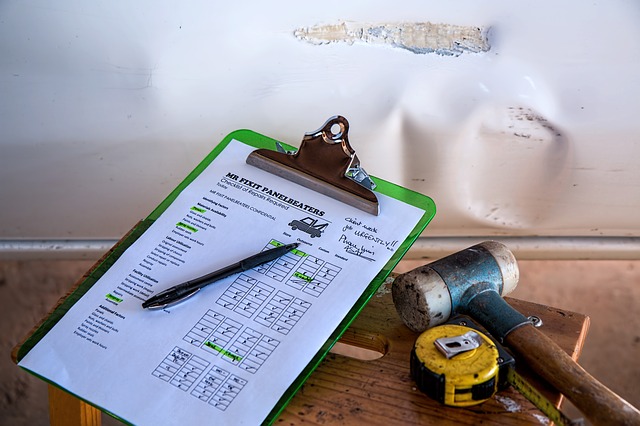It is that time you need to visit the garage again to get your car fixed, some repair and servicing too. There are, however, some aspects you need to consider, if at all you want to get the best out of the auto mechanic’s service. Communication is key here, while being realistic and giving the mechanic time are all the same important.
Communicate Properly.
The better a consumer is able to convey to a mechanic what’s wrong with his or her vehicle the easier it is for a technician to diagnose and fix the problem. It’s a good idea to write down ahead of time what ails your ride, noting specific sounds, sensations, leaks and smells, and when and how often they occur.
Set Realistic Expectations
When it comes to auto repairs, quick, cheap and good are usually mutually exclusive terms. Plan to leave a car in the shop for the better part of a day to obtain necessary service and be prepared to pay the going rate for parts and labor. Ask up front how long the car will need to be in the shop and arrange for transportation to and from the repair facility. And always get a cost estimate before allowing the mechanic to proceed with repairs or service.
 Leave the Technician Alone
Leave the Technician Alone
Just about every mechanic AutoMD.com conducted in the course of its service survey disliked customers hovering over him or her while they worked. While it’s appropriate to spend time with your car and the mechanic to explain the problem, it’s distracting and can be dangerous. If you’ll be hanging around for a diagnosis or quick service, take a seat in the waiting room, grab a cup of coffee and let a professional do his or her job.
Sourced From: http://www.forbes.com/sites/jimgorzelany/2012/06/18/five-dos-and-donts-when-dealing-with-an-auto-mechanic/#42a1a1069b59
By the time you are done at the garage, you will probably have parted with a considerable amount of cash. That is inevitable, but you can still minimize the costs if you work smart. Here are a number of mistakes people make at the garage that lead to them losing extra money they could have saved.
Not asking for your parts back
Unfortunately, there are some unethical mechanics who may try to charge you for work not done correctly, and it could end up costing you double if you have to pay for the repair all over again. Asking for your parts back will help ensure that the mechanic is being held accountable for doing the repair, and will also give you that added peace of mind and confirmation that the part replacement and work were done to your car.
Telling your mechanic what to replace
Assuming you know what’s wrong with your vehicle could lead to needless repair and more money out of your pocket. For example, you may be convinced that your car needs new spark plugs or an engine tuneup, when you really need the MAF (mass air flow) sensor cleaned. If you tell your mechanic to replace the spark plugs instead of asking him to diagnose the problem, he will do it and charge you for it, leaving you with the same unresolved issue.
Ignoring symptoms
Never ignore a persistent symptom with your car. Paying attention to your car’s symptoms could not only help you identify a major problem and avoid potentially serious safety issues, but it can also help you save a lot of money. Sometimes, the cause of a symptom is a problem with a simple fix, but if ignored, could result in a more complex issue.
If you do not want to exit the garage scratching your head from unbelievable sum of money you have had to spend, you will have to be wise prior and during the whole process of your car’s repair. Research before to know the problem with your car even before heading for the garage, have good knowledge of the owner’s manual, and ensure you don’t pay for expenses you should not be covering.
Get a clue. You can diagnose what’s wrong before you hit the shop by using the CarMD tool ($99; www.carmd.com). Just plug the hand-held device into your car (every model after 1996 has a standard connection port) and it reads the car’s computer codes. You can then plug it into your computer for a full report of what problem the codes indicate, the most likely fix, and what labor and parts for the repair cost in your area.
Show them you know. Familiarize yourself with the owner’s manual — you’ll avoid unnecessary maintenance if you know what needs to be done at every service interval. When choosing a repair shop, make sure the technicians are ASE certified by the National Institute for Automotive Service Excellence.
Don’t overpay for repairs. If you’re getting the car repaired by an independent shop, call the service department at your dealership after you get the diagnosis to see whether it’s covered by the warranty, a recall or a technical service bulletin; having the car fixed at an independent shop won’t void the warranty, but you may have to pay for the repair.
Sourced From: http://www.kiplinger.com/article/cars/T009-C004-S001-how-to-avoid-getting-ripped-off-for-auto-repairs.html






